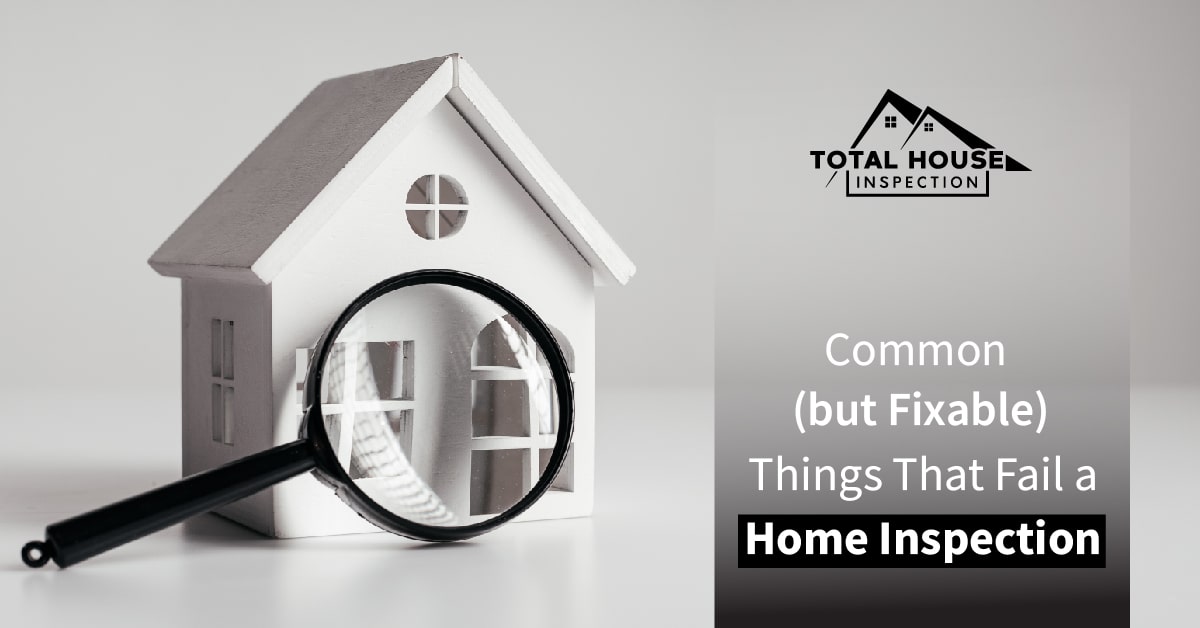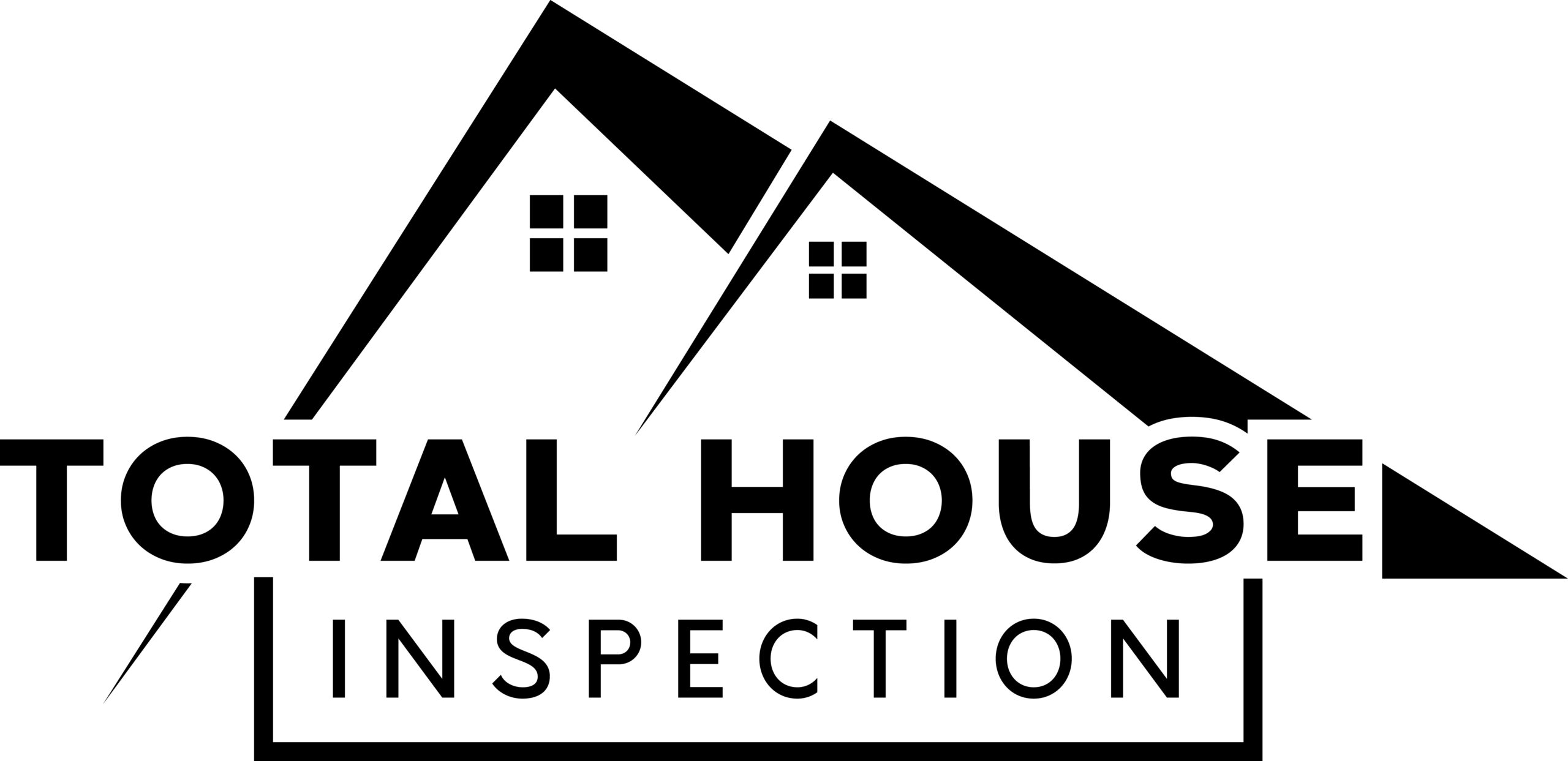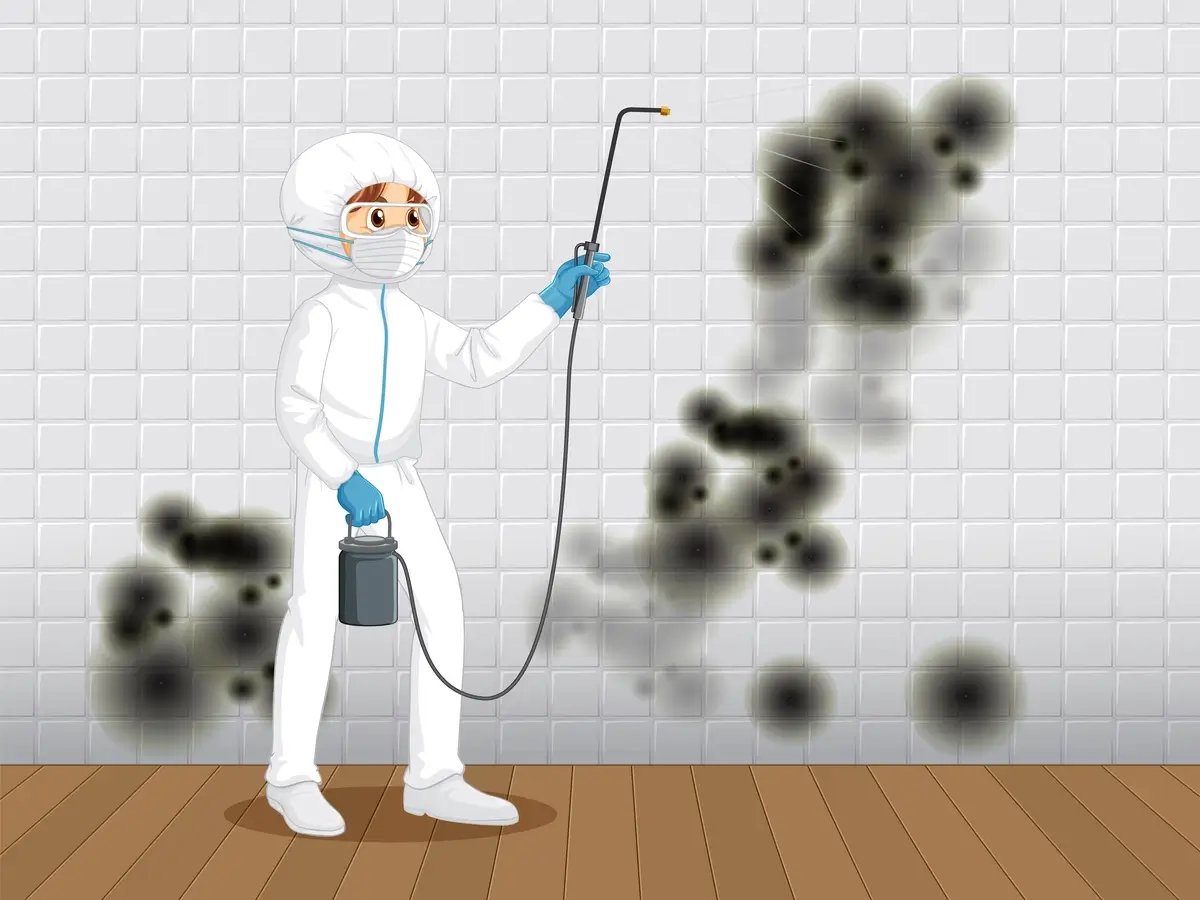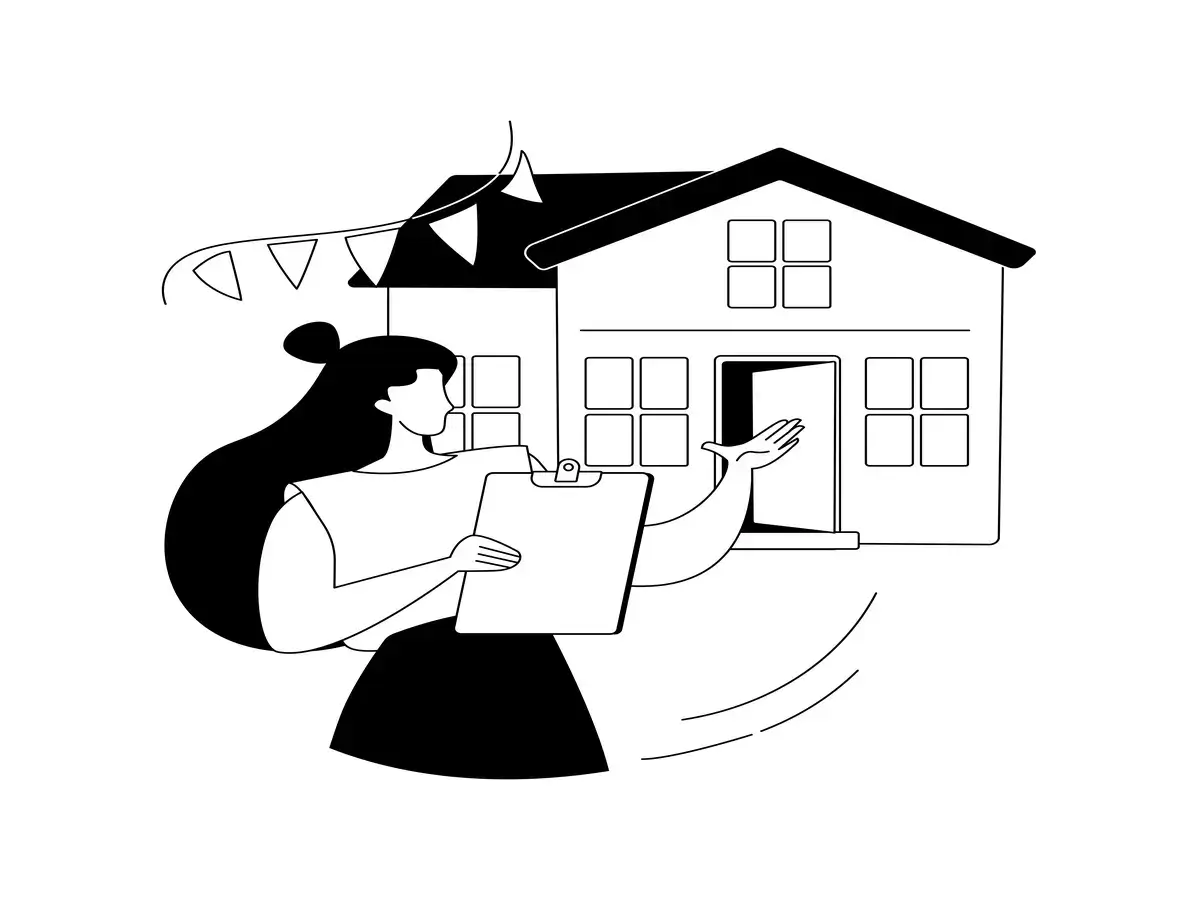
Common (but Fixable) Things That Fail a Home Inspection
A home inspection is a key part of buying and selling a home. Many of the issues a home inspection uncovers are common and fixable.
Knowing about these pitfalls that might fail a home inspection is key to having a successful home inspection.
This blog will cover fifteen common things that fail a home inspection. But don’t worry, these are fixable. These issues may range from drainage issues to HVAC issues.
Awareness of such issues is essential whether you are a homebuyer, home seller, or homeowner. This can let you have a satisfactory and smoother real estate experience.
Drainage Issues
One of the things that can be credited to a failed home inspection is drainage issues.
A home can suffer significant water damage, especially with no proper drainage. The house may have an evident indication of water damage issues.
Water damage will create dampness in the crawlspace and cause cracks in the settlement. And, worse, it can even make your house’s foundation move.
Without proper drainage, the foundation will absorb the moisture. This will further lead to rot and mold.
But don’t worry, you can fix this issue. You may start by identifying the problem. Later, inspect the gutters and downspouts. Lastly, ensure a proper grading of the landscape.
It will be best if you install swales or French drains. These can help with efficient water redirection.
Furthermore, you may extend downspout foundation cracks and also maintain sump pumps. Whereas you might need to consult a professional for complex issues.
Problems with the foundation
During the inspection, the home inspector will also search for foundational issues. This can be one of the things that fail a home inspection.
They will be looking for cracks in the foundation. This is because a cracked foundation means roofing issues, framing problems, and leaks in the basement. It will also mean that your door and windows might have issues closing.
Furthermore, there can be numerous reasons for foundation cracks. This may include:
- Intrusive tree roots
- Differential settlement
- Inadequate or missing steel reinforcement (rebar) in the foundation
You can prevent further damage to your foundation by proper drainage management. You can also repair cracks to fix this.
But, in this case, you must consult a structural engineer or foundation specialist.
Plumbing Issues
Plumbing issues are common issues that lead to a failed home inspection.
Sometimes, These issues are as simple as a slow drain or leaking faucet. But issues like these can lead to even more significant issues. These problems can be cross-connection issues or pipe replacement.
Plumbing is a major concern as what might seem like a minor issue can lead to severe issues later.
Identifying issues like low water pressures, leaks, and clogs is the first step to fixing plumbing issues.
DIY solutions like tightening connections or drain cleaners may solve minor issues. More complex problems may require professional plumbers. They can replace or repair damaged pipes, fixtures, or water heaters. Eventually, this will ensure a safe and efficient plumbing system.
Leaks
This is another fixable issue that an inspector might find during a home inspection.
To find leaks, home inspectors will be searching throughout the house. They will look for signs of water damage, mold, or cracks around pipes. Moreover, they will look at ceilings for signs of cracks and water spots.
You may need to replace damaged seals to fix leak issues in a house. You must also ensure proper insulation and sealing to prevent future leaks.
And consulting a professional plumber for complex issues should always be your priority.
Mold
When we think of harmful mold in a house, black mold usually comes to our head. However, many people might not know that mold exposure (whether it be any mold) can lead to several different health concerns. These concerns can range from respiratory problems to skin irritation.
It is to be noted that mold will not always be visible to the naked eye. Neither will it have that musty smell. This will make it hard to locate.
Thus, wherever there are any signs of leaks and water-soaked materials, mold may be growing there.
To address mold issues within your house, you must identify and eliminate the source of moisture. You may remove and clean visible mold and increase ventilation in your house.
Further, you should maintain low humidity levels within your house. If the problem persists, you should consult professional mold remediation experts.
Termite Damage
Termite infestation can cause mold damage.
If you leave the mold issue within your house untreated, then there is a chance that it will attract termites.
Termites will be moving through the walls, beams, and also to places that will not be visible to the inspector.
But don’t worry; you can still treat termite damage. To treat termite damage you will need to schedule a professional inspection. This will let you assess the extent of the infestation.
To eliminate termites, pest control experts use various methods. These include baits, chemical treatments, or fumigation.
Further, you might be required to replace or repair your damaged wood.
Rotting Wood
The inspector will examine any exposed wood as they walk through the house. They will check to see if there are any signs of termites or mold on the wood.
It’s vital to remember that inspectors will also look for wood rot brought on by dampness and age. The external door jambs, windows, roof, and wooden structures like a deck and stairs will be checked.
Determining the damage’s degree is necessary to fix rotten wood in a house. You may need to replace the rotten pieces with new, treated wood. You can do this by cutting out the rotten wood and removing them.
Later, you can improve ventilation to deal with the underlying moisture problem that led to the rot. And use wood preservatives to stop further decay. In the end, for finishing, sand, prime, and paint.
Electrical Problems
According to the Electrical Safety Foundation, on average, 51000 homes start fire because of electrical problems, so it is reasonable for home inspectors to inspect electrical systems. This helps them ensure that everything looks safe.
During the inspection, home inspectors can find various issues. These may include DIY wiring, fraying insulation, over-fusing, and mismatched wires.
Major electrical problems can lead to a failed home inspection. But, it is still suggested to fix them if the issues are not too serious.
Prioritise safety when fixing electrical problems. You might need to cut the power supply at the circuit breaker. Recognize and replace any broken wiring, switches, or outlets.
You may reset Ground fault circuit interrupters (GFCIs) and tripped circuit breakers. To guarantee safety and compliance, seek the advice of a qualified electrician for complex issues or if you have questions concerning electrical work.
HVAC problems
A home inspector will inspect the home’s HVAC system to ensure it is in good working condition. They will ensure that the HVAC system supports the wiring and that the heating and cooling systems function properly.
They’ll ensure that gas-fired furnaces have enough ventilation to prevent gas leaks (you should also have a smoke and carbon monoxide detector in the furnace room).
Inspectors will also inspect the ductwork and flue pipes to ensure they have been installed correctly and are free of cracks.
Start by regularly inspecting, cleaning, or replacing air filters to address HVAC issues.
Make sure the circuit breaker is on and the thermostat is set properly. If problems continue, check the ductwork for leaks and fix them. It might be worth consulting a qualified HVAC specialist to identify and fix complicated issues with the system.
Furthermore, routine maintenance is crucial if you want to prevent future issues.
Securing the Future of Your Property
A home inspection may reveal various problems. But it’s important to understand that many of these typical findings are fixable. Proactive awareness and willingness to deal with these problems quickly are the keys.
Homeowners, buyers, and sellers may confidently manage the home inspection process. They can detect and fix the things that fail a home inspection. This will guarantee a smoother road to their real estate goals while protecting their investments and the security of their properties.
Ready to ensure your home’s safety and value? Contact Total House Inspection today for a comprehensive inspection that leaves no stone unturned. Schedule your inspection now!



